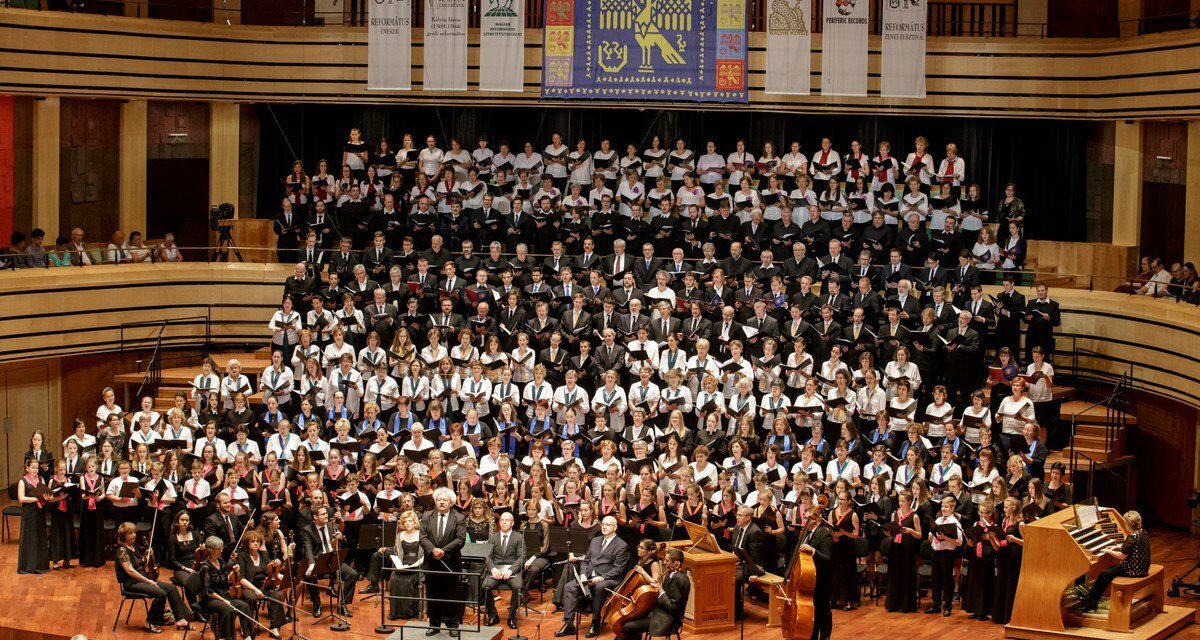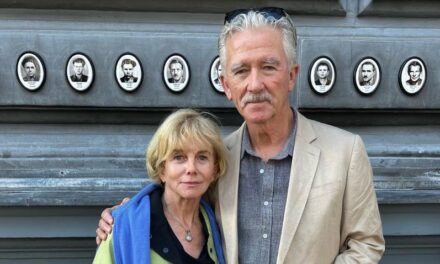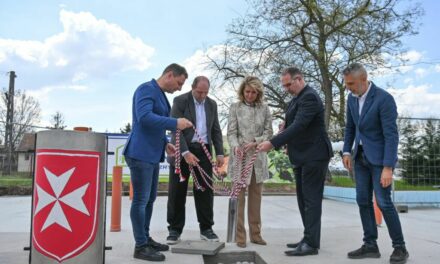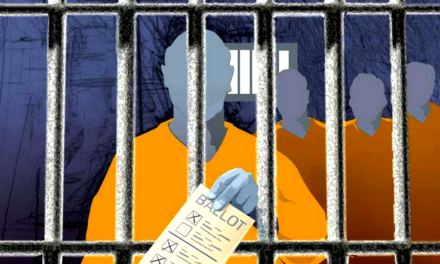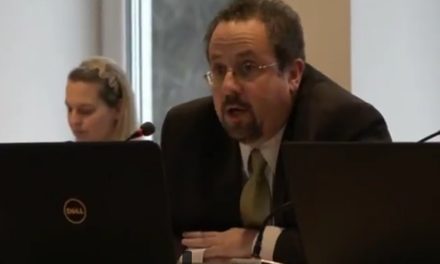The choirs are starting to get back on their feet, there will be a concert called Reformed Songs again at the MÜPÁ after the pandemic break. Even a bishop will sit next to the organ on Saturday, June 25: Reformed choirs from various parts of the Carpathian Basin will perform our Reformed hymns in concert form.
For the nineteenth time, the MÜPÁ will host a concert called Reformed Songs, which covers old and new hymnal psalms and hymns with the participation of choirs from here and across the border. Chief organizer Gergely Böszörményi told us about how a concert becomes a worship service and what difficulties the organizers encounter after the two-year hiatus.
"Reformed choirs were decimated by the pandemic," said Gergely Böszörményi, founder and manager of Református Enekek. Not all of the Reformed choirs that were on hiatus during the virus period revived, and the number of members also dwindled during the long periods without rehearsals. As a result, it was more difficult to organize church music events.
In the last six months, however, the choirs have revived, and in many places the return has brought rejuvenation,
we learned from Gergely Böszörményi. The long break also drew attention to the great need for well-organized background work in the life of a vocal group. The Reformed Music Festival in May has already shown that
there is church music life even after covid, and the concert on June 25 can be seen as a special celebration of joy.
As in the past, the choirs singing Reformed songs and choral arrangements come from different parts of the Carpathian Basin. So far, a total of more than a hundred singing groups have performed at the concerts held for the nineteenth time. The main organizer Gergely Böszörményi's concept is to invite smaller congregational ensembles in addition to the usual larger choirs. "Some of these hundred choirs could not have been invited to the MÜPA stage on their own. But it was always our goal that even village choirs could be a part of this experience, and thus gain the strength to continue. It's always good to sing to the glory of God, especially if we do it together with a hundred or two hundred people," says the dreamer of the concert series.
It is important for the organizers that foreign choirs also take the stage. The FIRESZ choir led by Slovakian Reformed music director Schüll Kinga, which recruits its members from the entire area of the highlands, is also expected this year. Bands are also expected from Délvidék and Királyhágómellék, but if the war situation permits, singers will also come from Subcarpathia. "Whether the Beregsász choir can take the stage at the MÜPÁ this year will probably be decided in the last moments. We hope that they will be able to cross the border, as meeting and singing together can provide a lasting experience and spiritual help both for the audience - and also for the congregation - and for the singers - the organizer expressed his hope.
The XIX The main patrons of the Reformed Songs concert this year are the four Hungarian Reformed bishops: Zoltán Balog, Károly Fekete, Dániel Pásztor and József Steinbach. Three of them also read verbs during the breaks between musical units. Károly Fekete, the church leader from Tiszántúl, will also contribute on the organ, to the extent of a Bach work. The Reformed Songs not only draws attention to joint singing, but also tries to raise awareness of the preaching power of organ music.
At the concert, the united choir is conducted by several conductors. This year János Arany, Boglárka Berkesi, Dániel Erdélyi, Kinga Süll and Sándor Berkesi will be on the podium. The MÜPA organ is played by organist Gábor András Virágh. Each time the event closes with a bishop's prayer and blessing, then the choirs and the audience together, holding hands, say "Our Father..." and sing the National Anthem.
Source, image and full article: reformatus.hu

